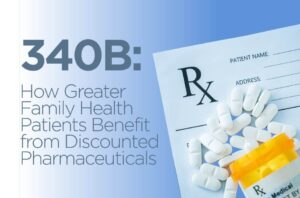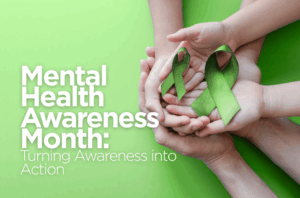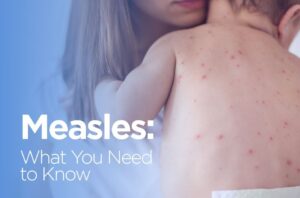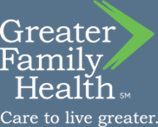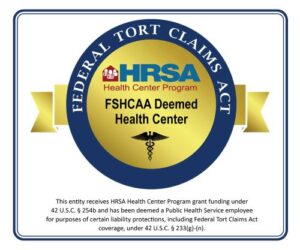Becoming aware of the services that are available for HIV prevention and treatment at Greater Family Health is a great step to creating a healthier community. Talking about HIV can also help normalize this topic and encourage individuals to seek help if they need it.
The first step is understanding what HIV is and its history. So, what is HIV? According to the CDC, HIV or human immunodeficiency virus came from a similar virus found in chimpanzees called simian immunodeficiency virus. This virus was likely passed to a human while hunting them for meat. HIV is a virus that attacks the body’s immune system and, if left untreated, can lead to acquired immunodeficiency syndrome (AIDS). Although there is no cure, HIV can still be controlled, and people can live long and healthy lives.
The second step is knowing how to talk about HIV. One way to do that is to be intentional and thoughtful about our language and the words we use. It is essential to know that the words we use matter. The CDC has a helpful language guide to help you start talking about HIV and eliminating stigma.
Greater Family Health has two practitioners who are credentialed and experienced in providing health care to HIV positive individuals and those at risk for HIV. Our practitioners educate patients on preventing HIV and other STIs, and provide preventative care and treatment.
Our goal is to help patients get the medical care they need, connect them with essential resources and, in turn, lead healthy and fulfilling lives. Together we can continue to successfully address the barriers of health care for our community!


